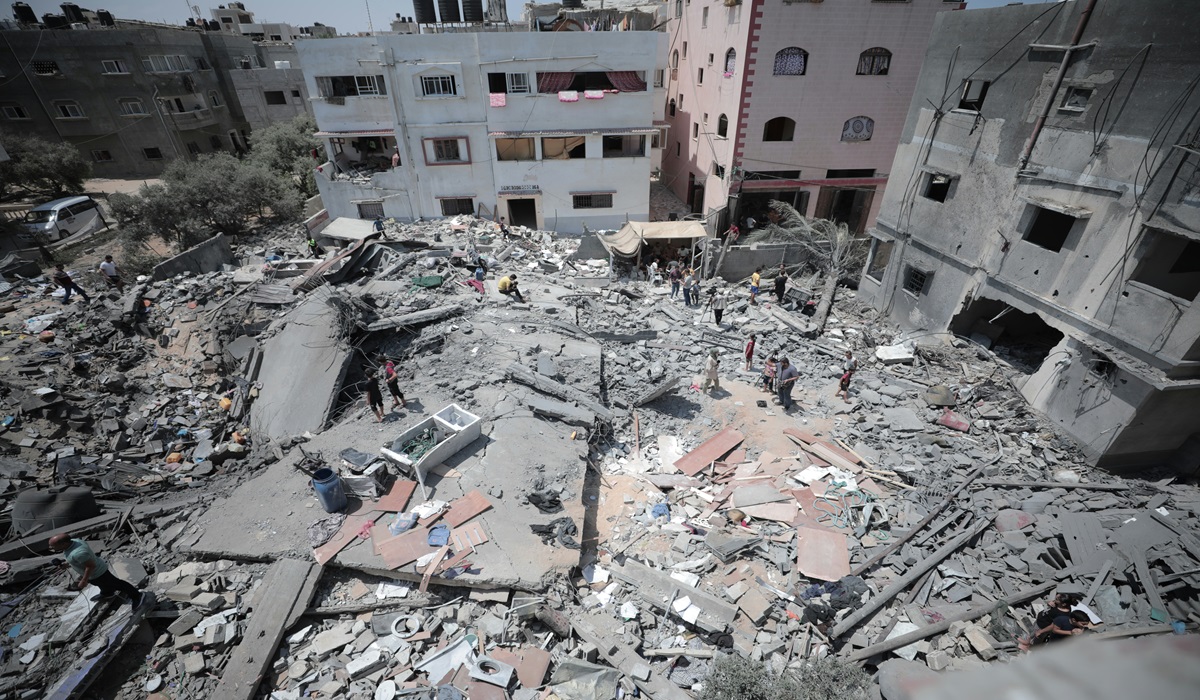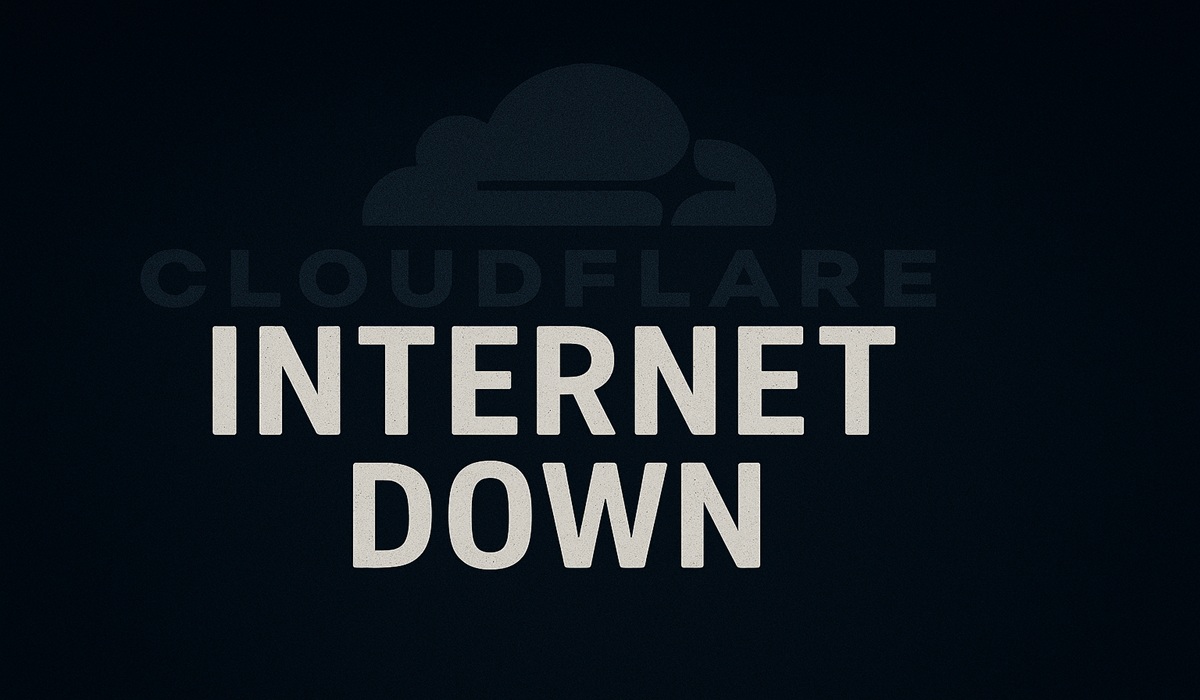Trump’s War Without a Plan: The Middle East Debacle That’s Burning America’s Legacy
- TDS News
- Breaking News
- June 24, 2025

Image Credit, Mohammed Ibrahim
It started with bombs. It ended with chaos. And in the middle, it revealed a U.S. President so intoxicated by his own self-importance that he mistook uninvited war for diplomacy.
Over the course of just twenty-four hours, President Donald Trump unilaterally ordered a full-scale bombing raid on Iran, a sovereign nation, without any Congressional approval or international consultation. The strikes—allegedly targeting Iranian nuclear facilities—were followed by a deluge of celebratory posts on Truth Social. Trump declared it a “successful military operation” and proclaimed that “peace in the Middle East is now possible,” like a man believing his own headlines in a fantasy world of his own creation. He then issued a bizarre ceasefire announcement—uncoordinated with either Iran or Israel—telling Iran not to retaliate for being attacked. Predictably, Iran did exactly the opposite.
Overnight, Iranian forces launched attacks on U.S. military bases in Qatar, Bahrain, Syria, and Iraq. By dawn, Iran was also firing directly at Israeli cities. Israel responded in kind, and what had once been a tinderbox turned into a full-blown inferno. Tel Aviv, according to credible reports, has sustained such heavy damage that parts of the city now resemble Gaza in the aftermath of Israeli campaigns. The full extent of the devastation is still being assessed, but early damage estimates from Israel’s Ministry of Infrastructure are staggering: nearly a trillion dollars’ worth of destruction. And with Israel already relying heavily on American aid, it’s a near-certainty that U.S. taxpayers will be left holding the bill.
None of this should come as a surprise. It was clear from the outset that Trump’s Middle East gambit had no coherent strategy. There were no pre-strike briefings with Congressional leaders, no serious diplomatic overtures to regional allies, and no coordination with NATO or the United Nations. It was one man, surrounded by yes-men like Vice President J.D. Vance and mouthpieces on far-right networks, deciding that the U.S. military should play the role of global enforcer and then slapping a “Mission Accomplished” banner on Twitter before the dust even settled.
Iran, which has long claimed it is not developing nuclear weapons, responded to the strikes by stating that it would no longer adhere to any international nuclear inspections. Their government called Trump’s attack an act of war and vowed retribution. And they delivered. But even more worrying is the intelligence being leaked from the region suggesting that Iran may have given back-channel warnings before launching its retaliatory strikes. If true, that raises even more questions about what the U.S. military and intelligence community were doing—or not doing—while Trump was busy posting memes about “MIGA” (Make Iran Great Again).
Meanwhile, Trump’s behavior throughout the night was unhinged. He repeatedly claimed ceasefire deals had been agreed to, when none had. Israeli Prime Minister Benjamin Netanyahu initially went along with the charade, briefly thanking Trump for the “stabilizing role” he supposedly played, but that façade collapsed as rockets rained down and Israel’s Iron Dome was overwhelmed. The Israeli political scene is now in turmoil, with fresh calls for Netanyahu’s resignation. A previously failed vote to expel him from the Knesset may be reintroduced, fueled by growing anger that his bet on U.S. military backing has backfired catastrophically.
The irony is painful. Trump’s supporters sold this man as a master negotiator. Yet here he is, triggering a regional war that neither removes Iran’s regime nor secures any new strategic footholds. The nuclear sites targeted were damaged but not destroyed. Iranian leadership remains in power. There was no regime change. No diplomatic victory. Only destruction and deaths on both sides. And now the American taxpayer is likely on the hook to rebuild a shattered Israeli infrastructure—again, all without a vote in Congress or even a real explanation from the White House.
If that wasn’t enough, the global economic ramifications of this reckless action are already being felt. The dollar, already in decline due to Trump’s incoherent trade policies, has taken another hit. International investors are pulling out of U.S. Treasury bonds, dumping American debt in a fire sale that threatens to weaken the financial backbone of the nation. No one wants to bet on Trump’s America. The confidence that once made the dollar the safest currency in the world is evaporating.
International trade is collapsing. China is closing ranks with its own trading bloc. Canada and European nations are aggressively rebalancing trade relationships away from the United States. American manufacturers are reeling. FedEx, a barometer of global commerce, has reportedly laid off over 100,000 workers due to the downturn in international shipments. Airlines are grounded, tourists aren’t coming, and the auto industry is on life support. The message from the global market is clear: they don’t want to do business with Trump’s America. And Trump—either unwilling or unable to read the signs—is doubling down, making himself richer while the country spirals.
What’s even more galling is that Trump still has the audacity to declare this mess a “glorious day.” His team, including former FOX News personality Pete Hegseth and Vice President Vance, are parroting the line that this strike has restored American strength. But strength isn’t measured in explosions. It’s measured in strategic outcomes. And the only thing this strike restored is America’s reputation as an unpredictable superpower with no plan, no coalition, and no credibility.
The backlash at home is growing. Democrats are already drafting articles of impeachment for abuse of executive war powers. And this time, even some Republicans may be on board. With Trump’s poll numbers slipping and the economic crisis deepening, his grip on his own party is showing cracks. Political survival instincts are kicking in. What was once unthinkable—Republican support for impeachment—might now be possible.
This is, without exaggeration, one of the worst foreign policy failures in modern U.S. history. It’s right up there with George W. Bush’s invasion of Iraq and, frankly, with the botched diplomacy of former Canadian foreign affairs minister Mélanie Joly during the Gaza crisis. But what sets Trump’s disaster apart is the sheer velocity of the collapse. From decision to devastation, it took less than a day.
America is now at a crossroads. It can choose to let this reckless behavior continue, allowing Trump to drag the nation into more wars, more debt, more global isolation. Or it can reclaim its institutions—Congress, diplomacy, global alliances—and begin to repair the enormous damage caused by one man’s arrogance.
If Trump believed his own fantasy, that bombing Iran would bring peace, then he has no business holding office. If he knew it would spark retaliation and did it anyway, then the situation is far worse. Either way, the American people—and the world—are left to pick up the pieces. And there are a lot of pieces. Scattered across the Middle East, across the U.S. economy, and across the crumbling foundations of American credibility.








